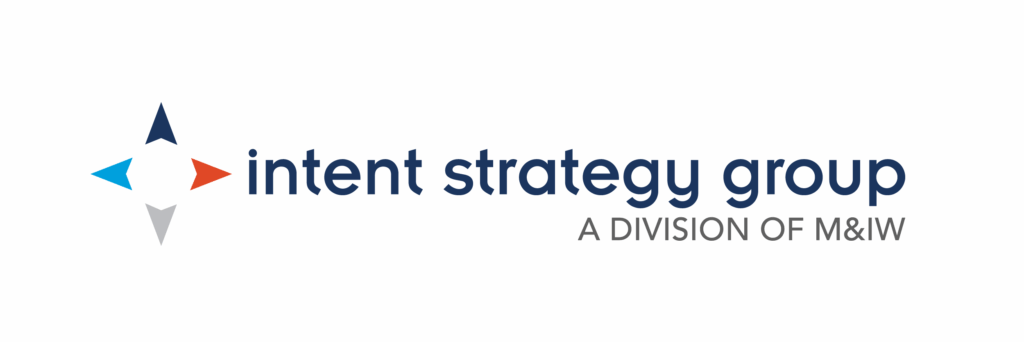The Joys of HCP Sourcing and Meal Caps
Originally published on October 9, 2019. Updated on March 6, 2023.
The current state of affairs in HCP sourcing is a tricky business. Not only do meal caps for pharmaceutical meetings make it difficult for meeting planners to deliver quality food and beverage (F&B) at their events, but they are also an additional obstacle for hotel partners and other venues looking to keep or attract new business. Compliance reigns supreme, but the rules and regulations for meal caps are not always keeping up with increased F&B costs around the world.
Because of this, meal caps can have a major impact on securing hotels and venues that meet the budget. Below are best practices to consider when sourcing for pharmaceutical meetings.
The Importance of Understanding Meal Caps
Participating healthcare professionals (HCPs) travel from all over the world. With this, a wide variety of factors come into play when determining the F&B budget, including:
- Country of origin guidelines.
- Meeting host country guidelines.
- Internal organizational policies.
Before sourcing begins, the F&B spending limits should be evaluated based on the host organization’s internal compliance guidelines and the countries of origin for the anticipated attendees. While some countries without defined limits may defer to the host country or organization, the lowest limit for all participating countries is often used to establish meal caps to ensure all potential HCPs can attend.
So how does this affect the sourcing and contracting process? Sourcing managers should be fully aware of these required F&B spending limits prior to sourcing. As a best practice, the identified spending threshold should be included in the Request for Proposal (RFP) to fully evaluate which hotels can accommodate these requirements. If hotels are not able to meet the required limits, it may affect the final venue decision. It is also important to keep meal caps in mind because any changes to the F&B budget can in turn affect the budget for flights, accommodations, and more. Be transparent and flexible with all parties to avoid challenges or disappointment during the planning process and meeting execution.
Location, Location, Location
Choosing a location and venue takes time—especially in the current environment. Hotel demand is still quite high, and overall prices have been rising. It may take additional time to research and choose a venue that can both accommodate the HCP meal caps and offer appropriate meeting space to meet the event’s objectives. Venues in Tier 2 cities may be more flexible with pricing, but also consider other associated costs such as airline pricing, airport transportation, and length of travel depending on the length of the meeting. Most often, HCP meetings are one to two days in duration.
Finally, always remember that with location, perception is everything. Be sure to select a location that is NOT perceived as a vacation or resort destination. The venue may be a business hotel with considerable meeting space, but be sure to do your homework on star rating, compliance approvals, etc. before signing the contract.
Global Sourcing
Many hotel brands and popular venues are accustomed to hosting HCP meetings and are well versed in this complex process. In addition to offering custom pharma menus, they also understand the need for privacy and non-compete clauses in contracts. As a best practice, RFPs should ask if there are potential competitors in-house over the preferred meeting dates. If the answer is yes, then request the details: name of the company or drug therapy, size and dates of the meeting, and where they are located in the venue. This information will help determine if the meeting directly conflicts with your program. During the contracting process, ask again if there are competitors in-house as availability changes rapidly, especially in this environment.
As noted earlier, include the spend limits in the RFP. Take this one step further by including the agreed upon pricing in the contract as well. Hotels and venues that regularly host HCP meetings often offer custom pharma menus but may need to adjust these menus in order to accommodate the per function pricing. Other venues may create a “menu of the day” that can be served to your guests (as well as other groups in-house) as this will help all parties in meeting the meal cost limitations. It is not uncommon to walk away from a venue proposal due to meal costs and the inability to meet the required limits. This is why transparency is key during all steps of the sourcing process to ensure there aren’t any challenges with pricing after the contract is executed.
Finally, while many medical meetings take place in hotels, don’t limit yourself! HCPs want unique venues, particularly venues with outdoor space or at least windows. Some of these venues may also have lower F&B costs because it is not a primary revenue source.
Opportunities for a Win-Win Situation
Pharmaceutical companies and sourcing managers understand that one does not need to reinvent the wheel for each program sourced, planned, and executed. For example, it is not uncommon for a pharmaceutical company to re-use the same hotel over and over again once it is confirmed the hotel checks all the compliance boxes and can successfully execute the meeting.
This is especially true since medical meetings are often sourced with very short lead times. Both parties win in these situations—the hotel benefits from the unanticipated revenue as the space may have remained vacant otherwise, and the meeting owner has the confidence in knowing their program will be executed within all compliance limits at a trusted venue.
Your sourcing partner’s goal is to minimize the need for exceptions to the meal caps as these aren’t always guaranteed. The same is true for HCP meetings as any other event: The intent of sourcing is to meet the goal of the meeting with the funds provided.
Contributor

Vicki Walsh, HMCC
Sr. Director, Event Sourcing
Meetings & Incentives Worldwide, Inc.


